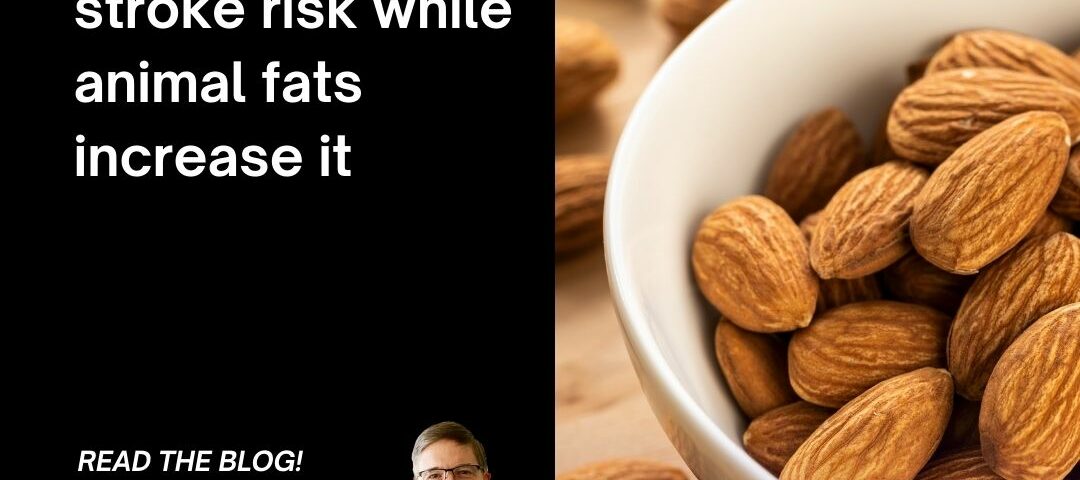
Screen time in kids prompts mental health concerns
January 11, 2022
Is your blood pressure measurement device validated?
January 13, 2022New research presented at the American Heart Association’s Scientific Sessions 2021 suggests that consuming plant-derived fats, such as olive oil or canola (rapeseed) oil, may reduce the risk of stroke while consuming animal fats may increase the risk.
HealthDay News reported that the study, of more than 100,000 health professionals, found that those who favored vegetable oils and other plant foods as their source of fat generally had a lower risk of stroke over the years.
Overall, the 20% of people with the highest intake of vegetable fats had a 12% lower risk of suffering a stroke over 27 years, compared to people with the lowest intake of those fats.
On the other end of the spectrum were people who got much of their dietary fat from meat. The 20% with the highest intake of those fats were 16% more likely to suffer a stroke, compared to the 20% with the lowest intake.
Many studies have looked at the relationship between dietary fat and stroke risk. This one focused on the food sources of that fat, said lead researcher Fenglei Wang, a postdoctoral fellow at the Harvard School of Public Health in Boston. And the findings, he said, favor replacing beef fat with vegetable oils like olive, soybean or corn.
The findings do not imply that dietary fat is the whole story when it comes to cardiovascular health, said Alice Lichtenstein, a professor of nutrition science at Tufts University in Boston. Lichtenstein, who was not involved in the study, is lead author of the AHA’s latest dietary advice. She said overall diet quality is the key, and not any single nutrient.
Studies released at meetings are generally considered preliminary until they are published in a peer-reviewed journal. Researchers used data collected from the Nurses’ Health Study and the Health Professionals Follow-up Study, which had a total of 117,136 contributors.
© Copyright WLL, INC. 2021. This blog provides healthcare tips and advice that you can trust about a wide variety of general health information only and is not intended to be a substitute for professional medical advice, diagnosis, or treatment from your regular physician. If you are concerned about your health, take what you learn from this blog and meet with your personal doctor to discuss your concerns.




